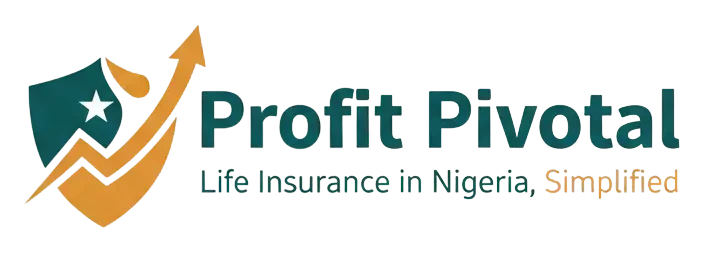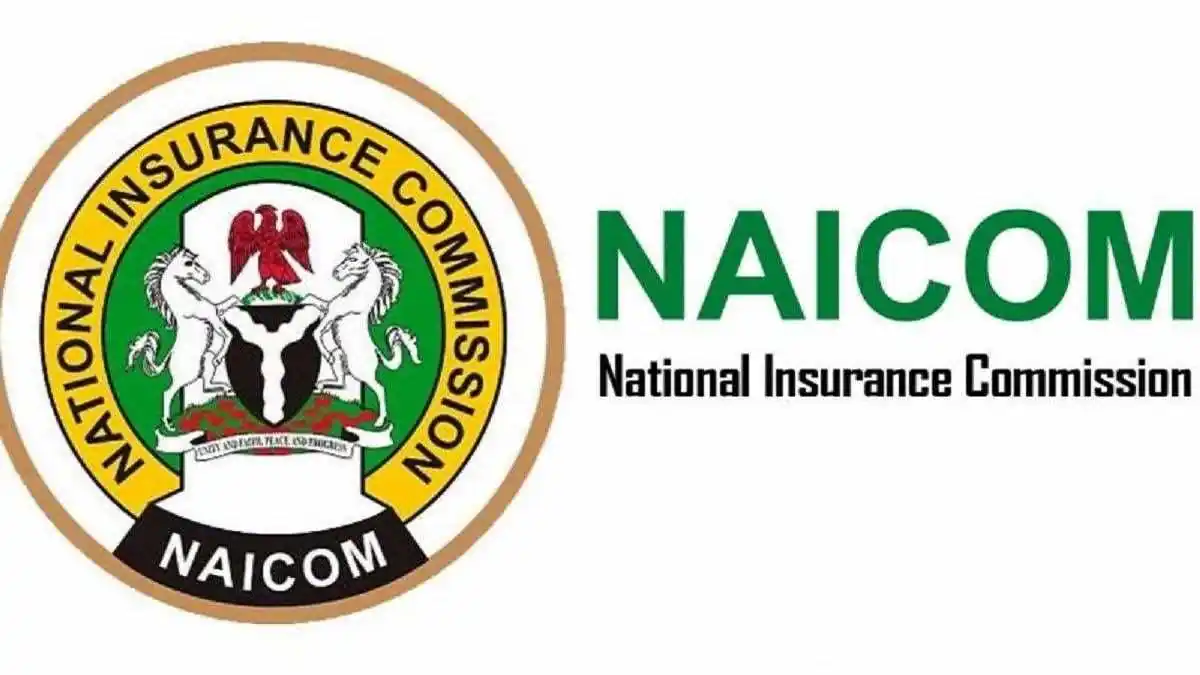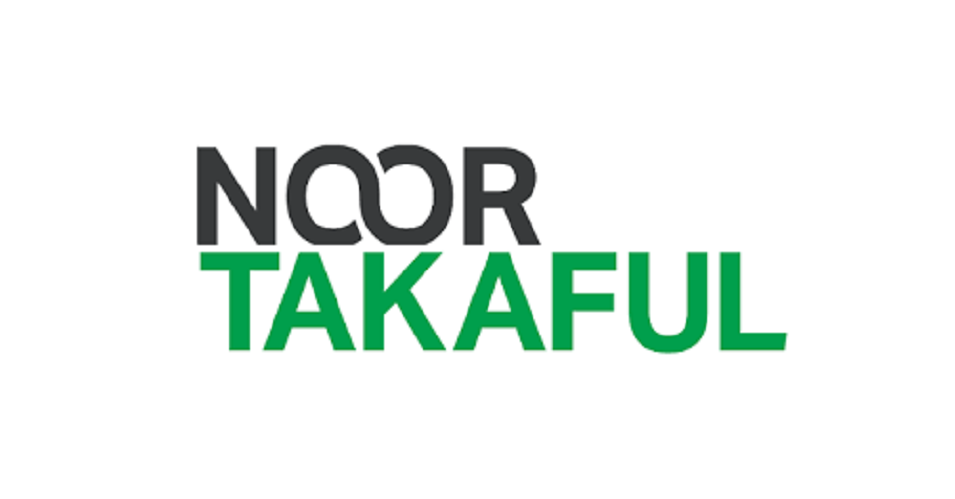Private Placement Life Insurance (PPLI) is a sophisticated wealth planning tool that combines tax-efficient investing with a life insurance wrapper. For high-net-worth individuals (HNWIs) in Nigeria, growing and preserving wealth amidst economic uncertainty and complex regulations is a constant challenge. You need strategies that go beyond standard savings accounts and mutual funds. This article breaks down exactly how PPLI works, who it’s for, and its major pros and cons.
Let’s dive into what makes this bespoke insurance product a go-to for the financially savvy.
What is Private Placement Life Insurance (PPLI)?

Private Placement Life Insurance (PPLI) is a specialised, variable universal life insurance policy designed specifically for high-net-worth individuals. Think of it as a private, customised container that holds both a life insurance death benefit and a portfolio of investments.
Unlike regular life insurance sold to the public, PPLI is not a one-size-fits-all product. It’s offered privately to a select group of accredited investors and allows for investment in a much wider range of assets, including hedge funds and private equity, which are typically not available in standard insurance policies.
How Does Private Placement Life Insurance Work in Nigeria?
Understanding the mechanics of PPLI is crucial. It’s a powerful tool, but it has several moving parts.
Imagine a successful tech founder in Lagos who has just had a major liquidity event. They want to invest the proceeds efficiently, protect their family, and plan for their estate.
Here’s a step-by-step look at how they might use PPLI:
- Funding the Policy: The individual pays a substantial premium to an insurance company that offers PPLI. This isn’t a small monthly payment; it’s often a significant lump sum.
- Creating a Separate Account: The insurer places the premium into a segregated account, separate from its general assets. This is critical for asset protection.
- Investing the Funds: The policyholder works with their financial advisor and the insurer to invest the funds within the policy. They can choose from a wide array of investment options, including those managed by world-class fund managers.
- Tax-Deferred Growth: The key benefit kicks in here. The investments inside the PPLI policy grow tax-deferred. There are no annual taxes on capital gains, dividends, or interest earned within the policy.
- Accessing Cash Value: The policyholder can take loans or withdrawals against the policy’s cash value, often with favourable tax treatment.
- The Death Benefit: Upon the policyholder’s passing, their beneficiaries receive a tax-free death benefit, ensuring a seamless transfer of wealth.
Who Qualifies for PPLI in Nigeria?
PPLI is not for everyone. Due to its complexity and high investment threshold, it is exclusively available to individuals who meet specific criteria. In Nigeria, this typically aligns with the definition of a “High Net Worth Individual” or an “accredited investor.”
You generally need to have:
- Significant Investable Assets: While the exact number varies, you are typically expected to have at least ₦500 million to ₦1 billion in investable assets.
- Sophisticated Financial Knowledge: You and your advisors must understand the risks and complexities of alternative investments.
- A Long-Term Horizon: PPLI is a long-term strategy for wealth preservation and estate planning, not a short-term investment.
Private Placement Life Insurance Pros and Cons
Like any financial product, PPLI has significant benefits and potential drawbacks.
The Advantages of PPLI
- Tax Efficiency: This is the primary driver. Investment gains, dividends, and interest compound on a tax-deferred basis.
- Investment Flexibility: It provides access to a broader universe of investments, including hedge funds, private equity, and real estate funds, allowing for greater diversification.
- Estate Planning: The death benefit is typically paid out to beneficiaries tax-free, making it a powerful tool for intergenerational wealth transfer.
- Asset Protection: In many jurisdictions, the assets held within a life insurance policy are shielded from creditors.
- Privacy: As the name suggests, it is a private arrangement, offering a level of confidentiality not available with public investments.
The Disadvantages and Risks
- High Costs: PPLI policies come with fees, including setup costs, annual administrative fees, and underlying investment management fees.
- Illiquidity: This is a long-term commitment. Accessing your capital may be restrictive compared to more liquid investments.
- Complexity: Setting up and managing a PPLI policy requires a team of experts, including financial advisors, lawyers, and accountants.
- Regulatory Scrutiny: As a tool for the wealthy, PPLI operates in a highly regulated space. The rules governing it can change.
Who Offers Private Placement Life Insurance in Nigeria?
You won’t find PPLI advertised on billboards along the Lekki-Epe Expressway. It’s a niche product offered by a select group of institutions.
In Nigeria, PPLI is typically sourced through:
- Private Banks and Wealth Management Firms: Institutions like Stanbic IBTC Wealth, FBNQuest, and Access Private Bank often have specialised divisions that can facilitate these structures for their top-tier clients.
- International Insurance Carriers: Many PPLI policies are underwritten by large, stable international life insurance companies based in jurisdictions with favourable regulations.
- Boutique Financial Advisory Firms: Specialised advisors who cater exclusively to HNWIs can help structure and source PPLI policies.
The National Insurance Commission (NAICOM) regulates all insurance products in Nigeria, ensuring that providers meet stringent capital and operational requirements. While PPLI is specialised, it still falls under this broad regulatory umbrella. You can find more about NAICOM’s role on their official website.
Is PPLI Right for You?
Private Placement Life Insurance is a powerful, multifaceted tool designed for a very specific purpose: to help Nigeria’s wealthiest individuals manage, grow, and transfer their assets in the most efficient way possible. It offers unmatched investment flexibility and tax advantages that are simply not available in standard investment or insurance products.
However, its complexity and high cost mean it is not a suitable choice for the average investor. It demands careful consideration and guidance from a team of qualified professionals.
If you are a high-net-worth individual in Nigeria looking for advanced estate planning and investment strategies, PPLI is certainly a conversation worth having. The first step is to consult with a trusted financial advisor who specialises in wealth management to determine if this sophisticated strategy aligns with your long-term financial legacy.
Suggested Reads:
1. Capital Gains Tax in Nigeria: A Simple Guide to Your Profits (2025)
2. 5 Things Term Life Insurance Does for Nigerians That Savings Cannot
3. Discover the Secret Clause Many Nigerians Miss in Their Term Life Policies
4. Top 5 Best Life Insurance Companies in Nigeria for 2025
5. How Much Does Life Insurance Cost in Nigeria (2025)
6. Can Creditors Take Life Insurance Proceeds in Nigeria?
7. How to Withdraw Money from a Life Insurance Policy: Your A-Z Guide








